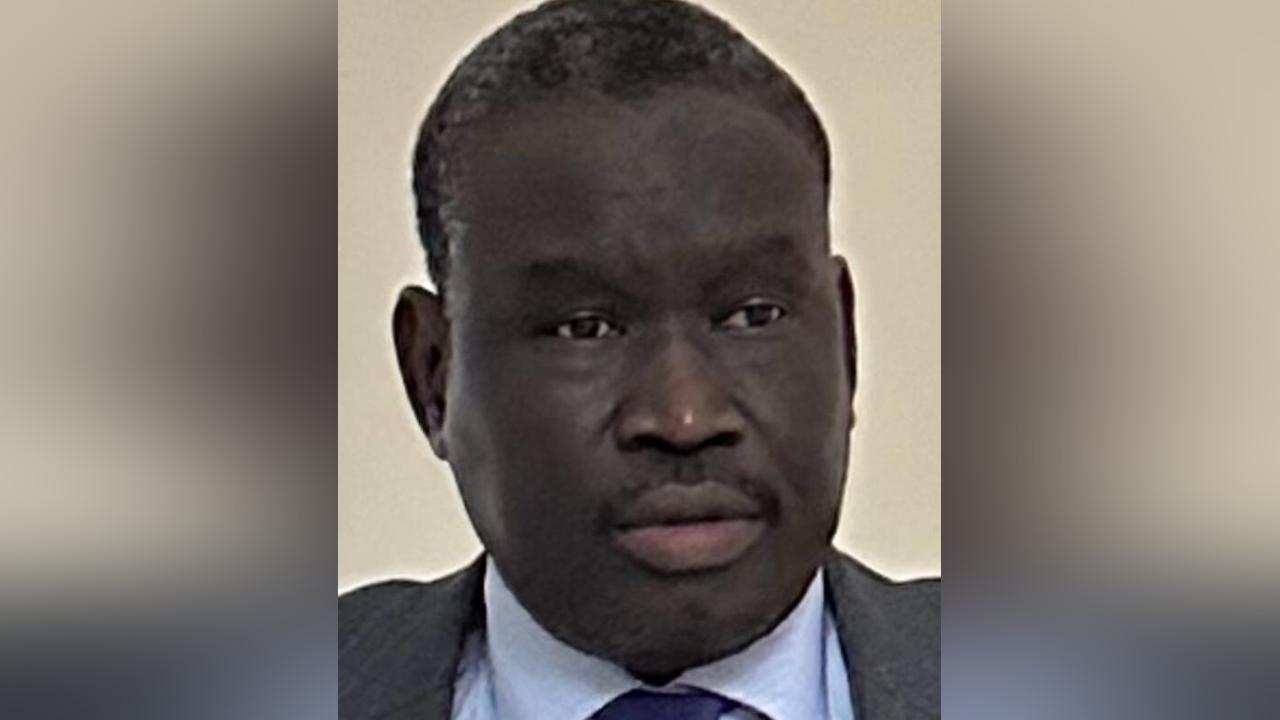Samuel Peter Oyay
Africa-Press – South-Sudan. The politics of succession, where an incumbent leader grooms a successor to ensure continuity, works in states with strong institutions or centralized control. However, in South Sudan, weak governance, factional power struggles, and militarized politics make this approach unlikely to succeed.
Leadership transitions occur through crisis rather than structured succession, with power fragmented across competing SPLM factions and military groups. Any attempt to impose a successor faces immediate resistance, further destabilizing the political landscape.
Public opinion speculates that President Salva Kiir is positioning Bol Mel as a potential successor due to his economic influence and proximity to power. However, this appears more as a tactical maneuver than a genuine succession plan. By elevating Bol Mel, Kiir ensures that any opposition targets Mel rather than himself, while maintaining ultimate control over political dynamics. Without broad factional and military backing, any successor will struggle to consolidate power.
The notion that Kiir groomed Riek Machar for leadership before 2011 is misleading. Kiir’s engagement with Machar was a pragmatic political move rather than a succession plan.
To maintain SPLM Unity (2005-2011), Kiir appointed Machar as Vice-President to balance power and prevent internal fractures, ensuring SPLM unity ahead of the 2011 referendum.
He leveraged Machar’s Influence as the latter played a key role in mobilizing support for independence, reducing fears of a split within the movement.
In the post-independence period, rivalry ensued. After 2011, Machar’s presidential ambitions clashed with Kiir’s authority. By 2013, Kiir sidelined him, leading to political tensions and eventual civil war.
Kiir never truly groomed Machar but used him strategically to consolidate SPLM before independence. Once the common goal was achieved, their political alliance collapsed.
Failed succession attempts have shaped South Sudan’s history, from Dr John Garang’s death in 2005, which fueled factionalism, to Kiir’s fallout with Machar, which led to war. In the absence of institutionalized transitions, power continues to shift through negotiation, military force, and external mediation.
With regional and international actors influencing leadership dynamics, any successor must gain acceptance from both internal factions and external players. The most likely scenario is Kiir remaining in power or negotiating another power-sharing deal. If forced out, instability is inevitable due to South Sudan’s militarized and factionalized system.
Succession politics in South Sudan is bound to fail because leadership transitions are dictated by power struggles, not governance structures. The absence of strong institutions, deep political divisions, and external influences ensure that crisis, negotiation, and conflict will continue to shape leadership changes. Until these structural issues are addressed, any attempt at succession will remain an unstable and contested process.
Source: Radio Tamazuj
For More News And Analysis About South-Sudan Follow Africa-Press






